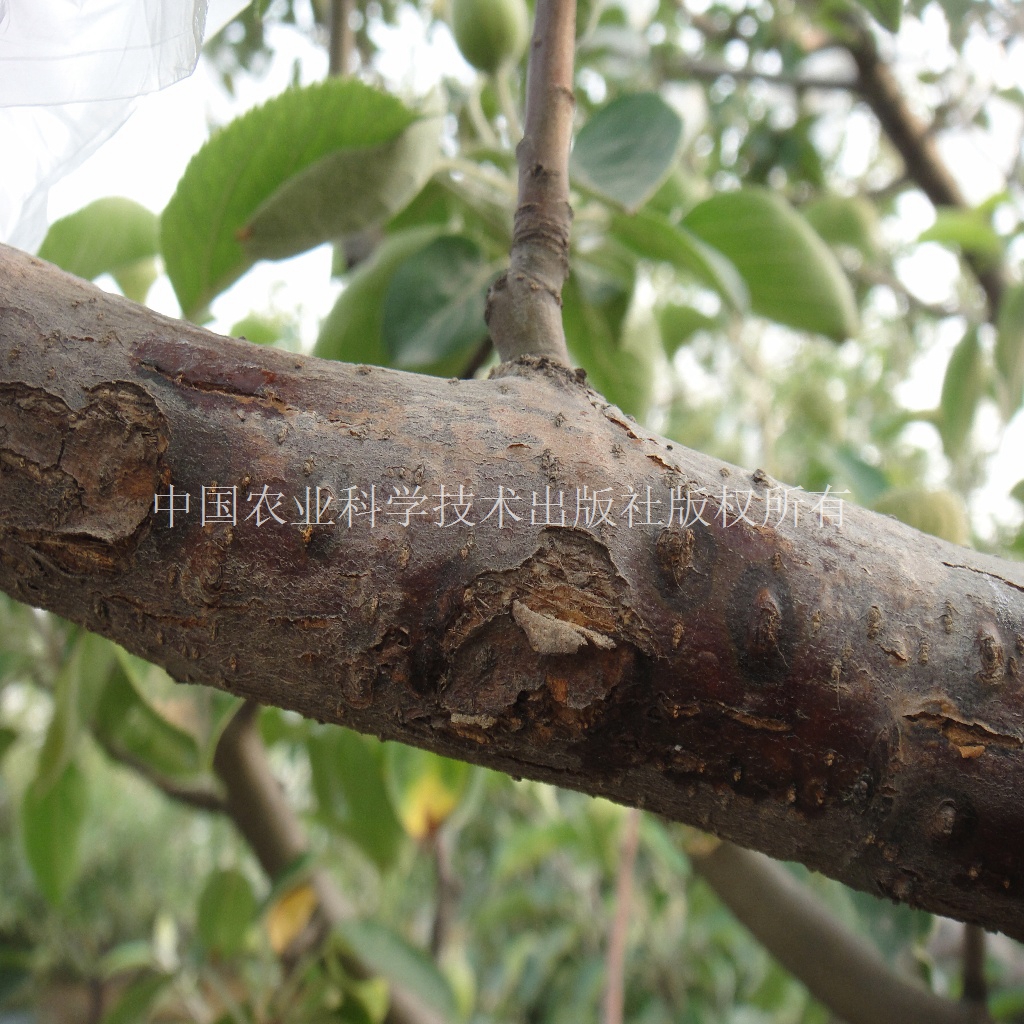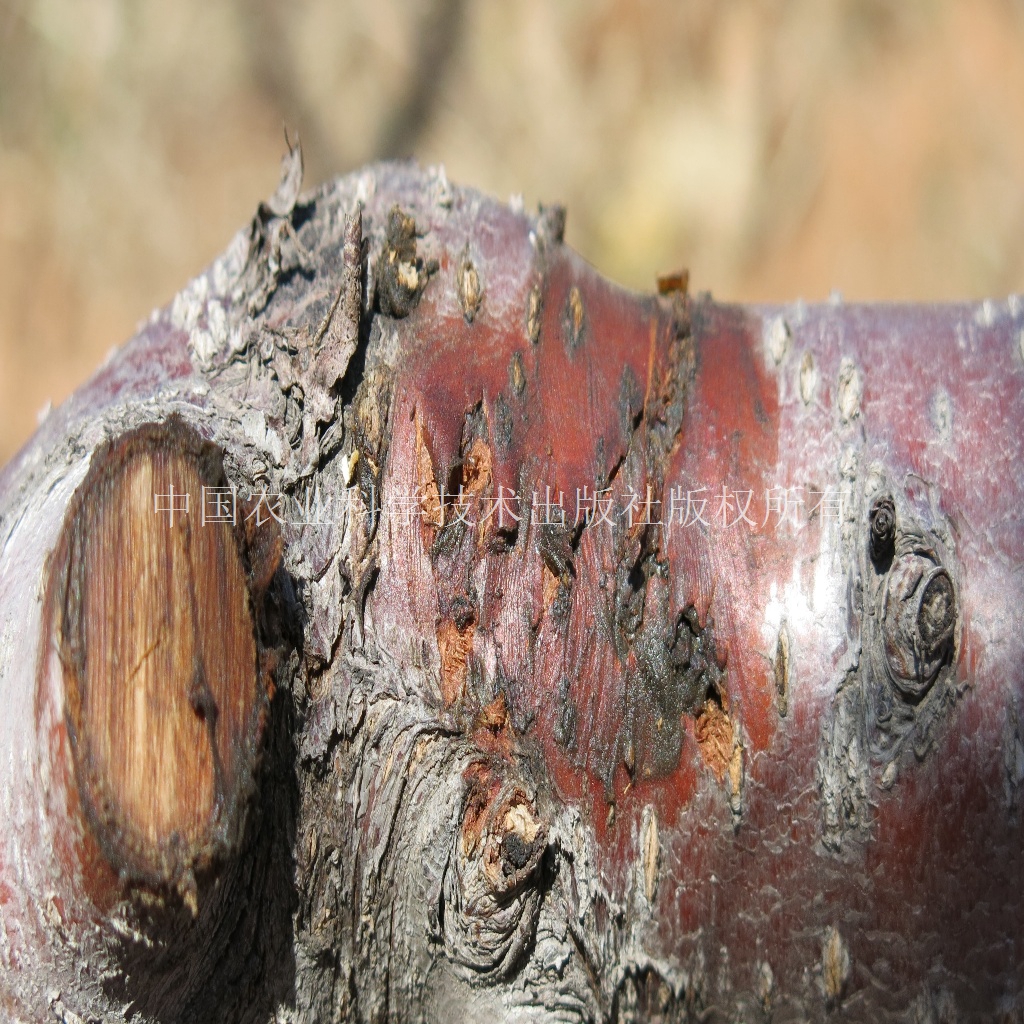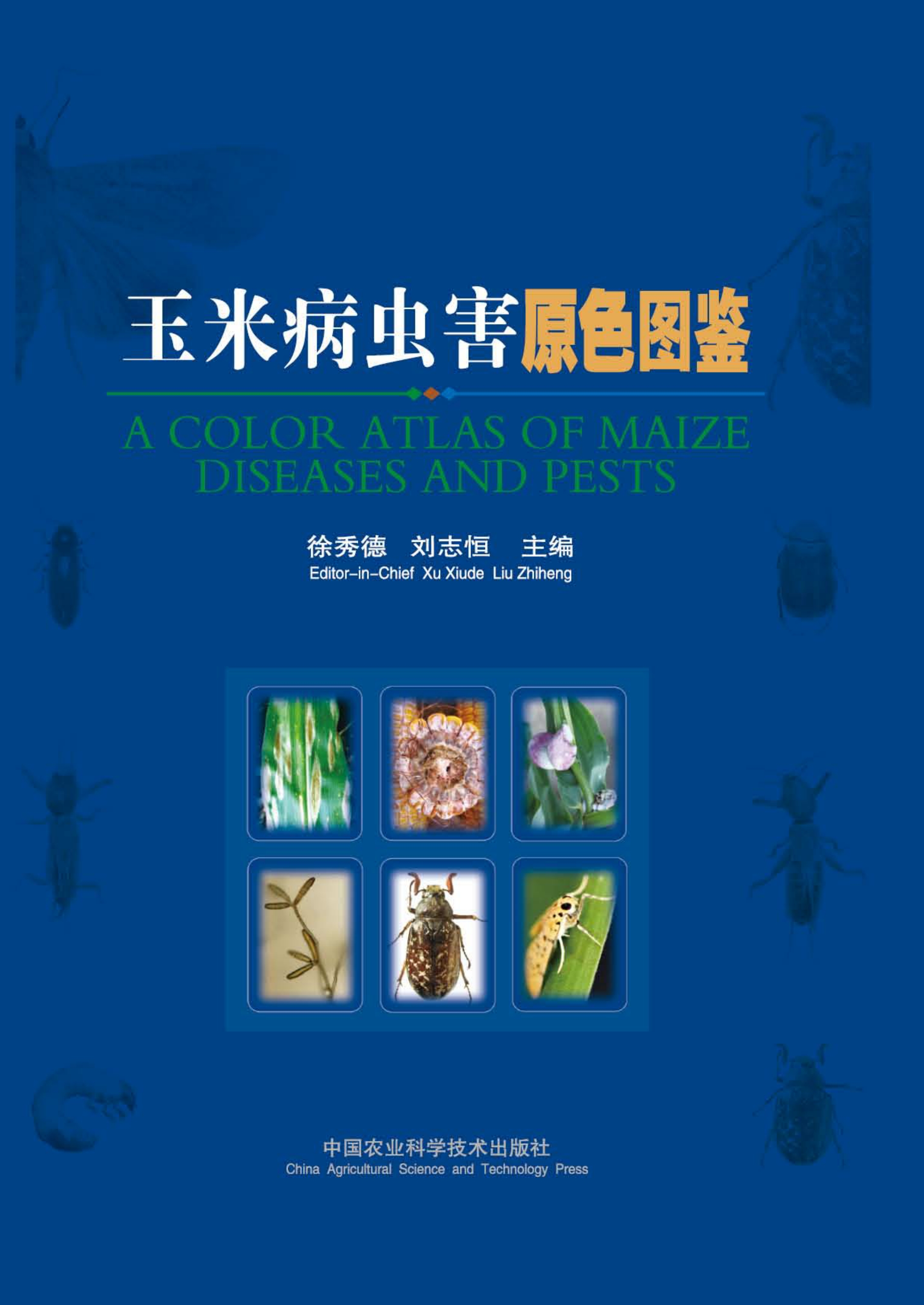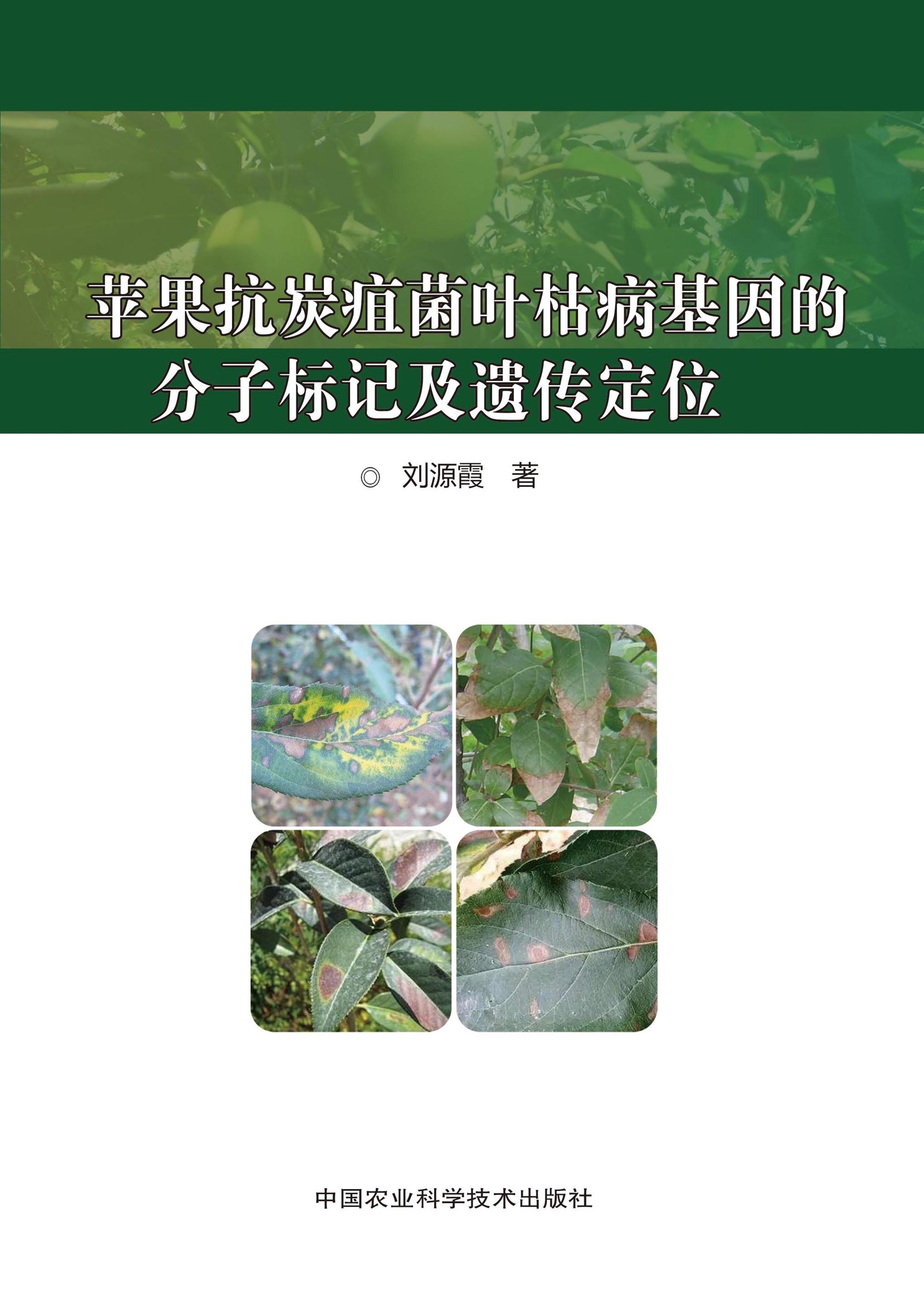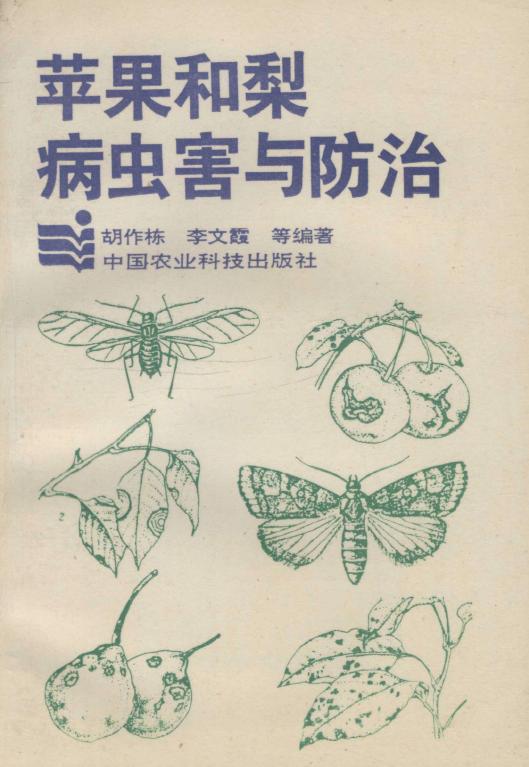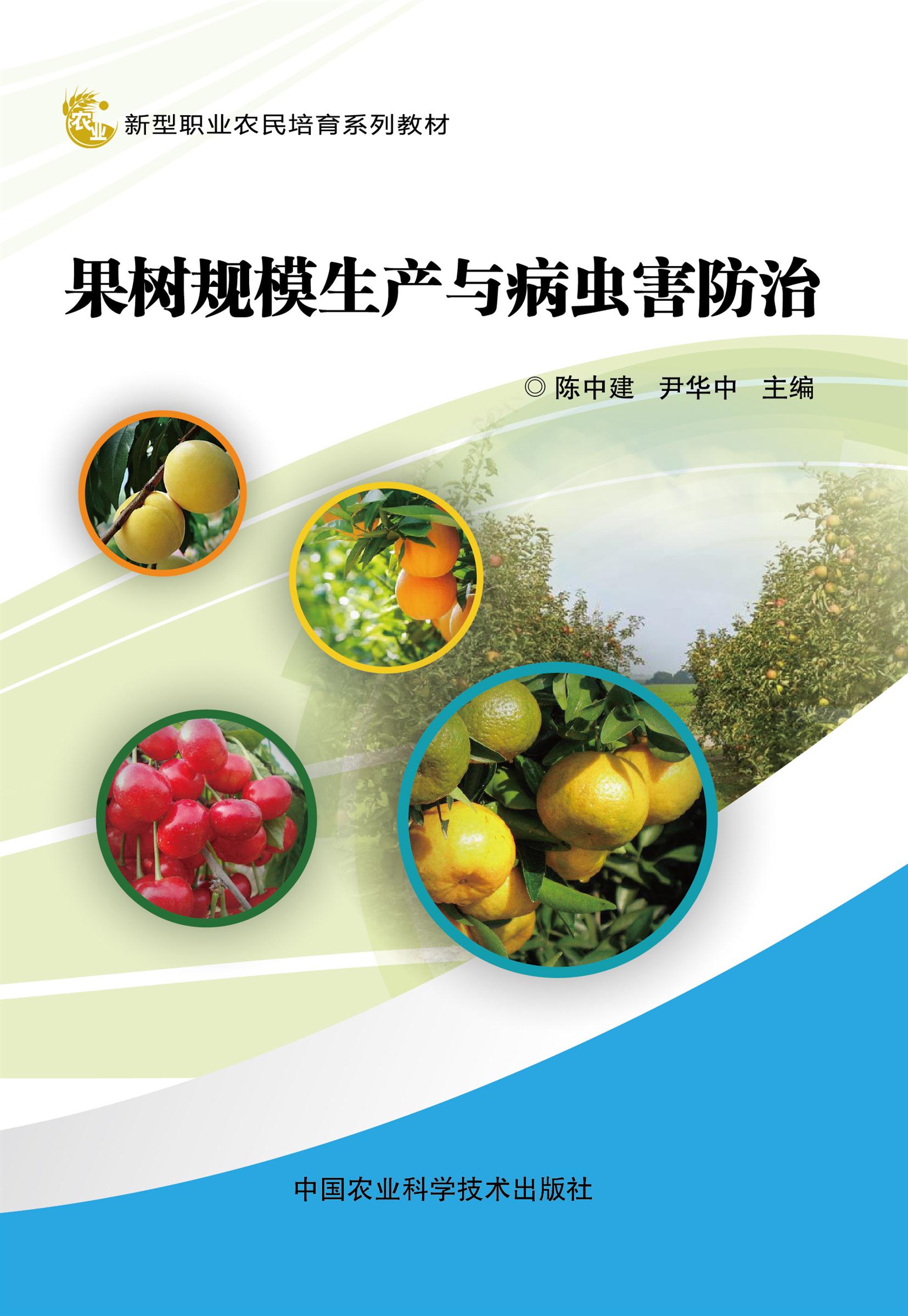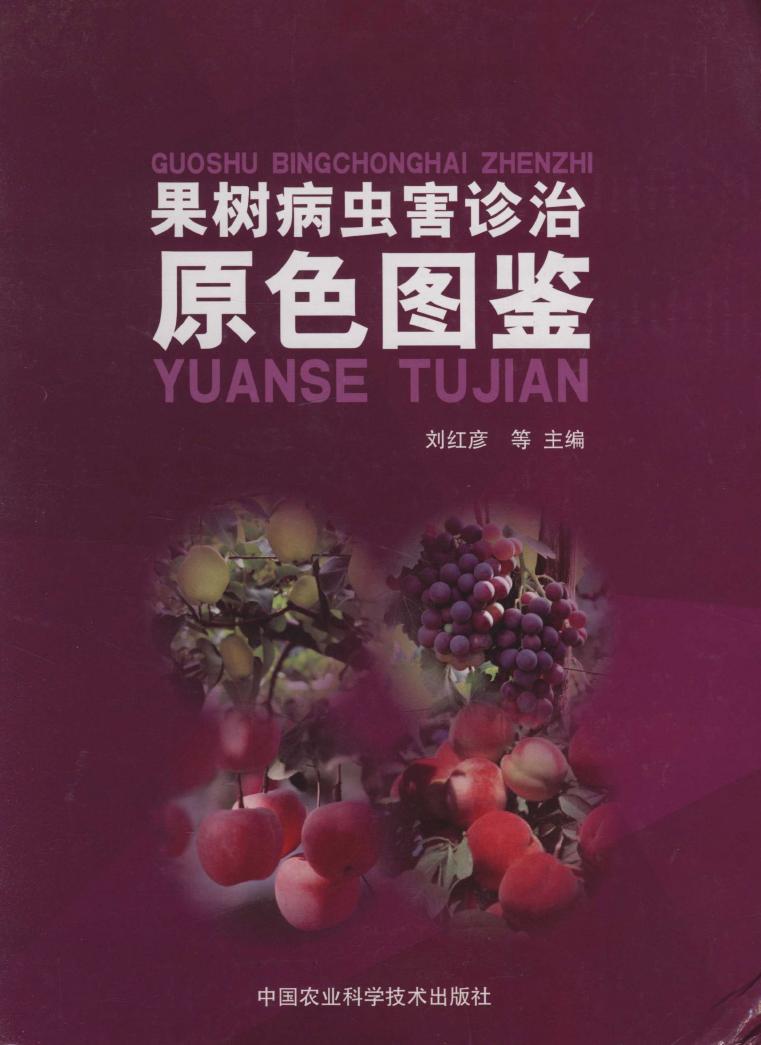Strategies to Prevent Spread of Leptosphaeria maculans(Phoma Stem Canker) onto Oilseed Rape Crops in China; Costs and Benefits
Strategies to Prevent Spread of Leptosphaeria maculans(Phoma Stem Canker) onto Oilseed Rape Crops in China; Costs and Benefits
Field experiments in Europe have shown that Chinese cultivars of winter oilseed rape(Brassica napus)are very susceptible to the pathogen Leptosphaeria maculans(cause of phoma stem canker).Climatic and agronomic conditions in China are suitable for L.maculans since the closely related but less damaging pathogen L.biglobosa occurs on the winter and spring oilseed rape crops there.Major gene resistance to L.maculans is not durable;when introduced into commercial oilseed rape cultivars it is rapidly rendered ineffective by changes in the pathogen population.The threat to Chinese oilseed rape production from L.maculans is illustrated by the way in which L.maculans has spread into other areas of the world where previously only L.biglobosa was present,such as Canada and Poland.Models have been developed to describe the spread(in space and time)of L.maculans across Alberta province,Canada,based on survey data collected over a 15-year period.These models have been used to estimate the potential spread of L.maculans across the Yangtze river oilseed rape growing areas of China and its associated costs.Short-term strategies to prevent occurrence of severe phoma stem canker epidemics in China include training of extension workers to recognise symptoms of the disease and use of PCR-based diagnostics to detect the pathogen on imported seed.Long-term strategies include the introduction of durable resistance to L.maculans into Chinese oilseed rape cultivars as a component of an integrated disease management programme.The costs of such strategies in relation to costs of a phoma stem canker epidemic are discussed.


